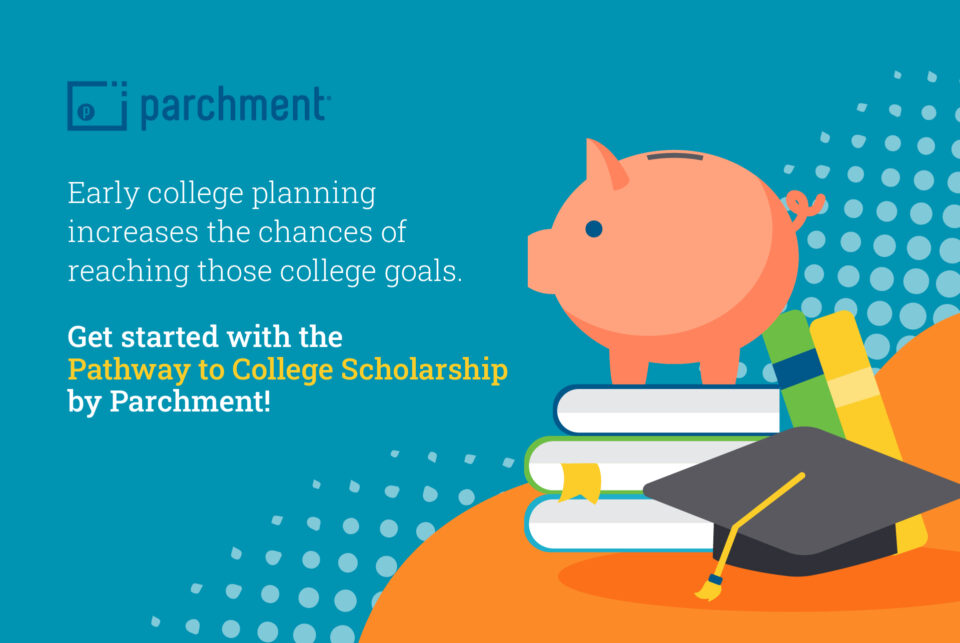
Higher Ed
The Power of AI for Credit Mobility
We use cookies to help you navigate efficiently and perform certain functions. You will find detailed information about all cookies under each consent category below.
The cookies that are categorized as "Necessary" are stored on your browser as they are essential for enabling the basic functionalities of the site. ...
Necessary cookies are required to enable the basic features of this site, such as providing secure log-in or adjusting your consent preferences. These cookies do not store any personally identifiable data.
Functional cookies help perform certain functionalities like sharing the content of the website on social media platforms, collecting feedback, and other third-party features.
Analytical cookies are used to understand how visitors interact with the website. These cookies help provide information on metrics such as the number of visitors, bounce rate, traffic source, etc.
Performance cookies are used to understand and analyze the key performance indexes of the website which helps in delivering a better user experience for the visitors.
Advertisement cookies are used to provide visitors with customized advertisements based on the pages you visited previously and to analyze the effectiveness of the ad campaigns.
Other cookies are those that are being identified and have not been classified into any category as yet.

When it comes to planning for college, the earlier students can prepare, the better. Thinking about college early empowers students to consider various degree options, make adjustments as they change their minds and reach their college goals. For example, when a student knows which major to pursue, they can choose high school courses and extracurricular activities that support that degree. Not only does this help students become better prepared for college, but it also makes them more competitive college admission applicants.
Ideally, students should start planning for college in 9th grade. Early preparation allows plenty of time for students to meet with college planning experts and set long-term objectives that align with their college plans. This will also motivate students to get involved in extracurricular activities and maintain proficient grades throughout their high school career, increasing their chances of being accepted to the college of their choice.
At Parchment, we strive to help students develop a college-bound culture that starts during freshman year. To demonstrate our commitment to the educational community, we created the Pathway to College Scholarship.
Scholarships reduce the financial burden of college tuition and help students attend schools they may not have been able to afford otherwise. According to the Education Data Initiative, scholarships and grants cover $7,500 (24.95%) of annual academic costs per student in the United States. In fact, scholarship statistics from Think Impact indicate that in 2020, 58% of families used scholarship money to help pay for college.
By making tuition more accessible, scholarships encourage more students to consider education after high school. This is especially important for students from low-income households and first-generation college students, who account for one-third of all students, according to the National Association of Student Personnel Administrators (NASPA).
Georgetown University’s Balancing Work and Learning report states that low-income college students work longer hours than their higher-income peers. As a result, low-income students are less likely to achieve good grades. But with more affordable schooling — thanks to scholarship programs — students can focus on their studies rather than working.
Aside from the financial benefits that scholarships provide, they also make a great addition to any resume. Educational awards set students apart from the competition, showcase leadership skills and enable students to land competitive internships. Not only are internships great for learning, but they can lead to full-time employment. SmallBizGenius reports that 70% of employers offer interns full-time jobs, and internship trend data from Zippia shows that interns tend to earn 6% more than students who did not intern.
Whether you’re a student, parent, faculty member or school administrator, Parchment is here to help. Our Pathway to College Scholarship empowers students to turn credentials into opportunities while reinforcing our mission to provide financial support and create a college-bound high school culture.
If you’re currently a high school student, there are three steps to qualify for our Pathway to College Scholarship:
With our Pathway to College Scholarship, we can reinforce our mission of creating opportunities for students and connecting college-bound students with the financial support they need.
Share this information with your students and encourage them to apply.
Let our scholarship kick start your college fund by setting up your Parchment account, adding 3 schools to your college list, and submitting your application by May 1, 2022.
